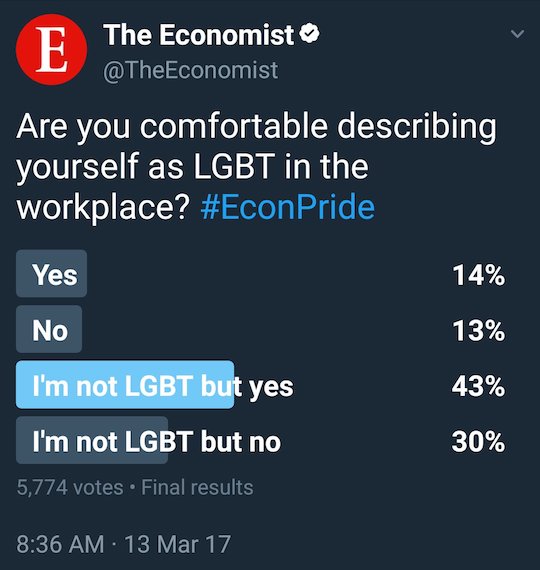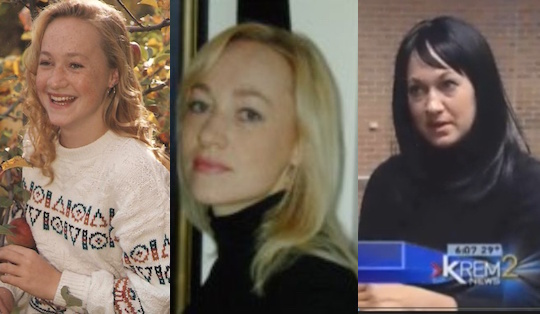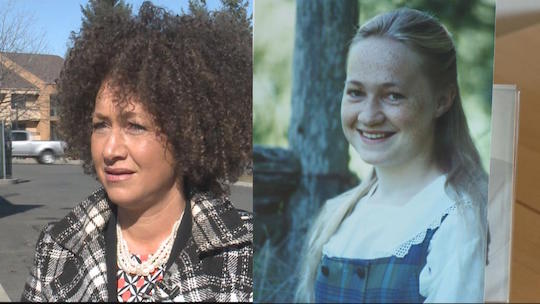There are two ways to read this poll. One is that a little less than half of straight people feel comfortable describing themselves as LGBT in the workplace, i.e. gay voice. Let’s hope that’s not how they understood the question. The other interpretation is that straight people have an idea of how safe it is to come out in their own workplaces, and it’s a lot sunnier than how their actually LGBT coworkers see it. Now is a good time to remember that online polls do not reflect broader trends. A full 27% of the respondents to this one identify as LGBT, which is about seven times the national average in the United States. That’s what you would expect from a poll about how you feel about describing yourself as gay. Gay people are more likely to click on that.
Yet a substantial number of straight people clicked on it, too—about three times as many as the LGBT respondents. Already, we see that we are sampling the opinions of a certain kind of straight person. They are not LGBT in their workplaces, but they feel like they know how it would go. Again, I guess it’s possible they didn’t read the question as a hypothetical and mean that they comfortably fake being gay at work, but one hopes a plurality of respondents aren’t doing that.
It’s likely respondents to this poll are imagining the experiences of their LGBT coworkers. More of them imagine that experience to be comfortable than report it as so. This result is similar to the result of this survey on blacks’ and whites’ views of racial discrimination. More white people say police are fair to black people. Fewer believe in blacks experience discrimination in stores and restaurants, or in that socioeconomic crucible we all know and love, the workplace. Black people and white people consistently disagree about the experience of black people by large margins.
When you put it that way, it seems obvious whom to believe. Maybe neither side is right. It’s probable that black respondents’ perception of discrimination against themselves is influenced by self-pity. That’s definitely been going on with white people. But at the risk of treating a premise like a conclusion: People who aren’t members of a particular group underestimate how much discrimination that group faces. Either that or black and LGBT people are just being babies. Somehow, that does not strike me as the likely explanation.



